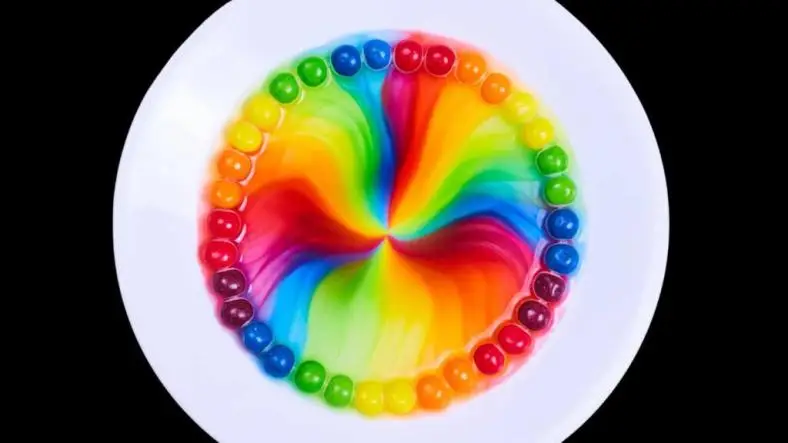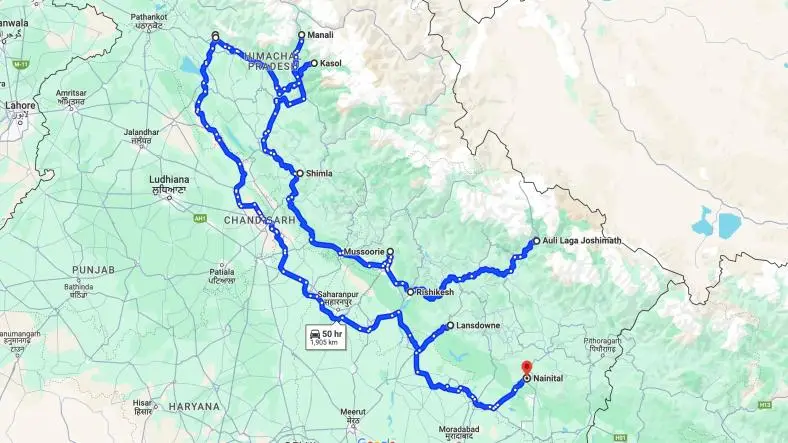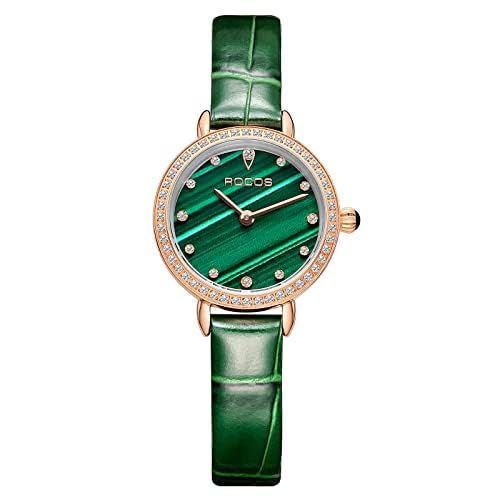Creating rainbow slime is a fun and colorful science experiment that helps children learn about chemistry, specifically the concepts of polymers and non-Newtonian fluids.
Here's a step-by-step guide:
Materials:
- Clear school glue (PVA glue)
- Liquid starch
- Food coloring (red, orange, yellow, green, blue, purple)
- Small mixing bowls (one for each color)
- Mixing spoons
- Measuring cups and spoons
Procedure:
- In each small mixing bowl, pour 1/2 cup of clear school glue. You will need one bowl for each color of the rainbow (six in total).
- Add a few drops of food coloring to each bowl, one color per bowl (red, orange, yellow, green, blue, purple). Stir well to mix the colors thoroughly with the glue.
- Add 1/4 cup of liquid starch to each bowl. Stir the mixture well until it starts to come together and form slime. You may need to knead the slime with your hands to fully combine the ingredients.
- Repeat the above steps for each of the six colors, creating separate batches of slime in each color of the rainbow.
- Once all the individual colors are prepared, take small portions of each color and lay them next to each other in a line. Gently press the edges together to form a rainbow pattern. Be careful not to mix the colors too much.
- Let the children play with the rainbow slime, stretching and twisting it to see the colors blend and form new patterns. Encourage them to observe the texture and properties of the slime.
Explanation:
Slime is a non-Newtonian fluid, meaning it behaves both like a liquid and a solid. When the glue (a polymer) is mixed with the liquid starch, the molecules in the glue form long chains that trap the liquid starch, creating a stretchy, gooey substance. This is an example of a polymer, where individual molecules are bonded together to form larger structures.
Tips:
- Ensure children wash their hands before and after playing with the slime.
- Store the slime in an airtight container when not in use to keep it from drying out.
- Use clear glue for a more vibrant rainbow effect, but white glue can also work if clear glue is not available.
- Experiment with adding glitter or small beads for additional fun textures and effects.
Discussion Points:
- Explain the concept of polymers and how they are formed.
- Discuss the properties of non-Newtonian fluids and how slime exhibits these properties.
- Explore the colors of the rainbow and how combining primary colors can create secondary colors.
Creating rainbow slime is not only a fun and engaging activity but also a great way to introduce children to basic chemistry concepts.
Thanks for reading the article, for more Science and Technology related articles read and subscribe to peoples blog articles.















